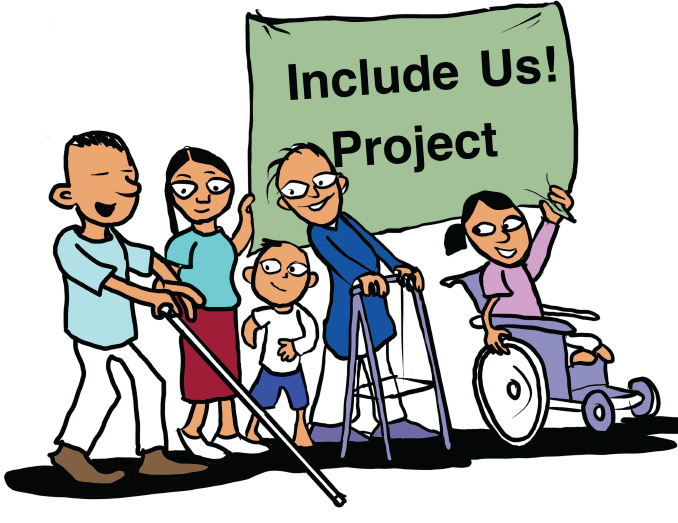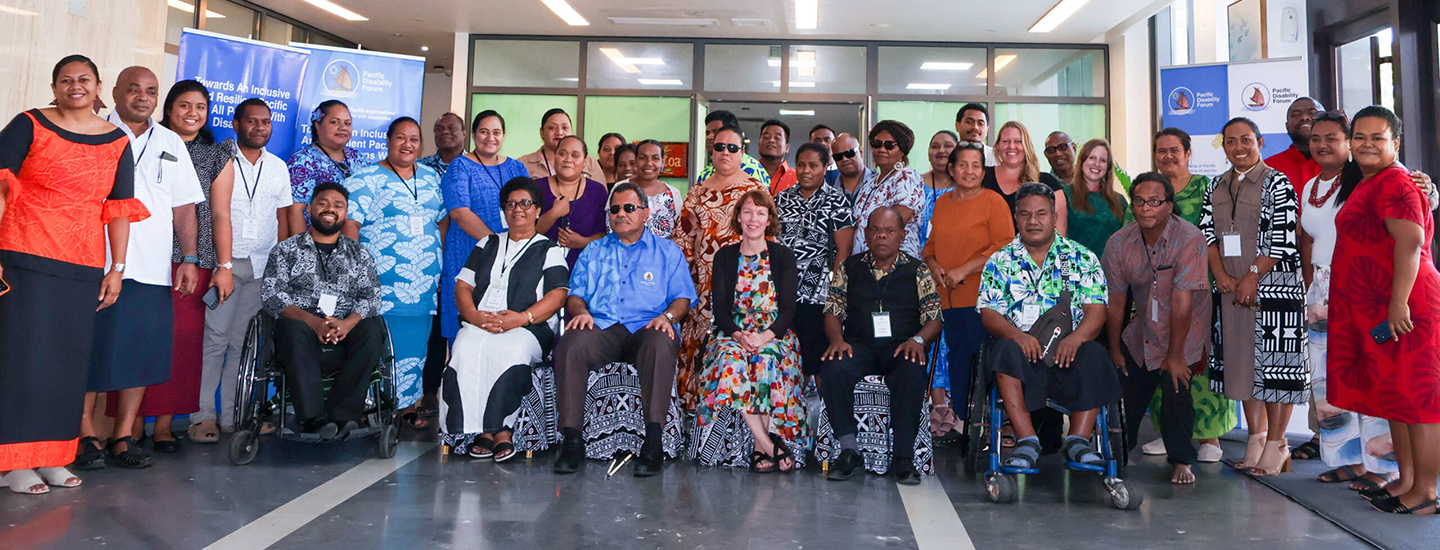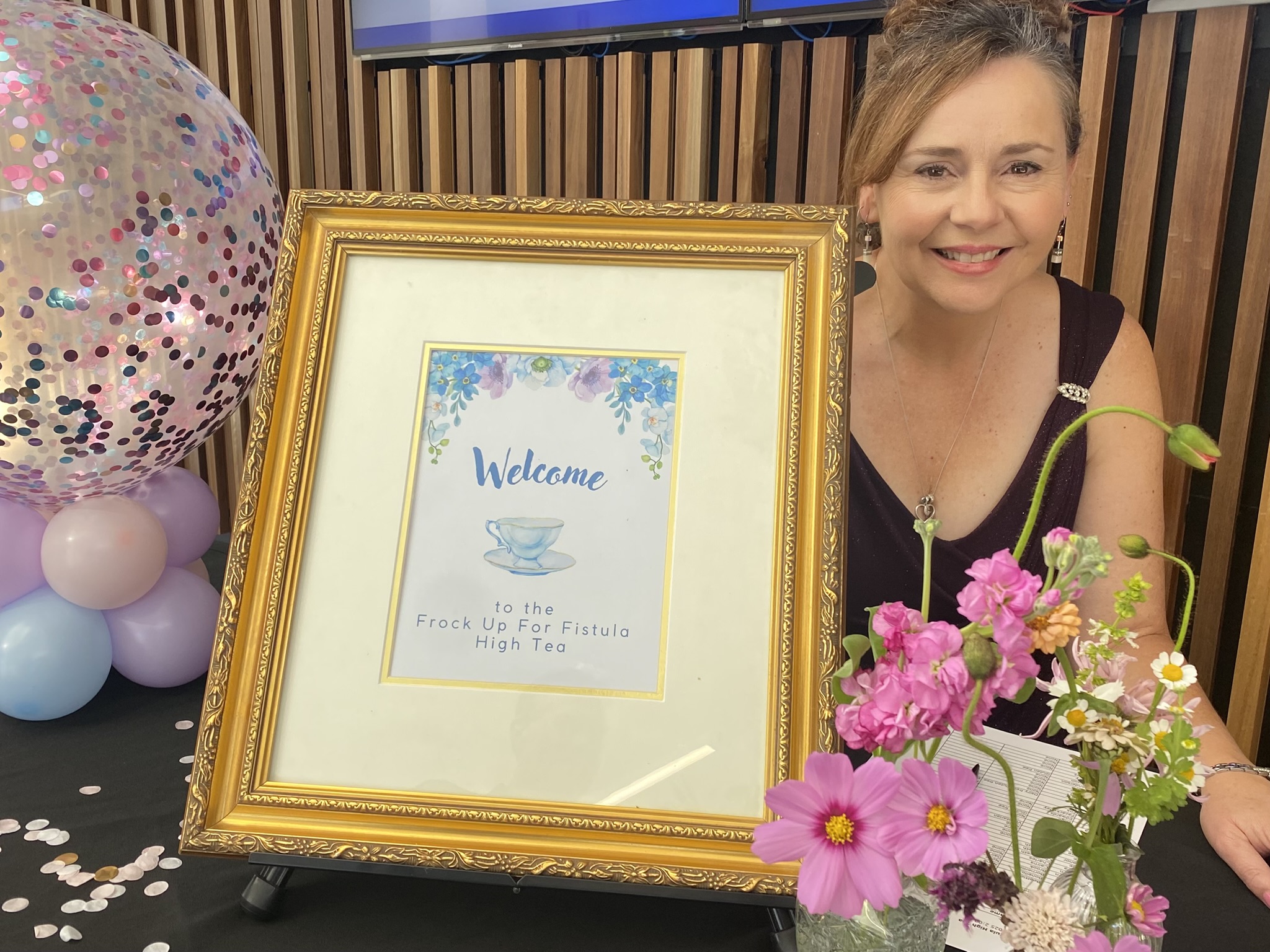How to unlock the transformative power of and accountability to people with disabilities?
Ahp-phase-iii-program, Iag, Stories | June 17, 2024
The AHP Phase III program was designed with a specific focus on improving participation and strengthening the voices of people with disabilities in the humanitarian coordination process, with the aim to assert more control over their own development.
However, in the humanitarian sector it is not self-evident that empowerment of marginalised groups is prioritised. There are several reasons for this, including:
- Service delivery is prioritized over empowerment: Humanitarian needs in crises are immense, continuous and growing, while financial resources are stretched. In such a situation service delivery is prioritised to ensure that people have access to food, WASH facilities and have immediate access to basic services.
- Empowerment clashes with security concerns: Mobilising interest groups is not always welcomed by authorities due to security concerns.
- Response plan cycles challenge empowerment initiatives: Humanitarian response plans operate within short cycles. The humanitarian system does not incentivise institutional capacity building, and if skill building and training of beneficiaries takes place it is moreover focused on individuals or smaller groups.
The AHP Phase III’s lessons learned report recommends:
- Create pilot initiatives early on in an intervention: Promoting the voice, active participation, and representation of people with disabilities is non-negotiable. Deliberate actions need to be taken early in the program to create momentum through learning visits, engagement of a disability rights activist, and small pilots to develop interest groups of people with disabilities.
- Consult people with disabilities on the roles and activities they want to take up in a humanitarian intervention: There are multiple roles that interest groups of people with disabilities can play in a humanitarian context, e.g., conducting accessibility audits, advocacy, consultations, community sensitisation and awareness. It may also emerge over time, based on needs and interest. It is important that the humanitarian organisations do not assume to know what interest groups must do but that the process of establishing interest groups of people with disabilities and defining their role, demonstrates an empowerment approach in itself.
- Develop a long-term outlook on collaboration with interest groups of people with disabilities: Explore if young people with disabilities could act as change agents to support the provision of disability inclusion advice in the camps and host communities. That would increase localisation of disability inclusion advice by working directly with people with disabilities in the camps and host communities as agents of change rather than only as beneficiaries. It would also increase efficiency of drawing in technical assistance on disability inclusion.
Lesson Learned
Improving participation and strengthening the voices of people with disabilities requires deliberate action. Even when financial means are stretched, low-cost smaller initiatives should already be initiated early in the humanitarian intervention. This increases confidence with humanitarian staff, identifies potential challenges quickly, builds a relationship of trust and allows for a phased approach.
Discover more
This blog is part of a five-part series of insights into the lessons learned the Inclusion Advisory Group collated from the Australian Humanitarian Partnership (AHP) Phase III program.
Find out more about the program here.
https://www.cbm.org.au/iag/ahp-phase-iii-program/how-to-unlock-the-transformative-power-of-and-accountability-to-people-with-disabilities
Related Stories

Easy Read your way through our evaluation report
At CBM Australia, we recognise that accessibility is not optional – it is a...

Growing Stronger Together: Supporting OPDs across the Pacific
CBM Australia is proud to partner with Pacific Disability Forum on the Growing Stronger...

Frock Up For Fistula: a High Tea of hope and healing
Something very special happened this Mother’s Day weekend. CBM Ambassadors Lyn Wake and Glenys...
